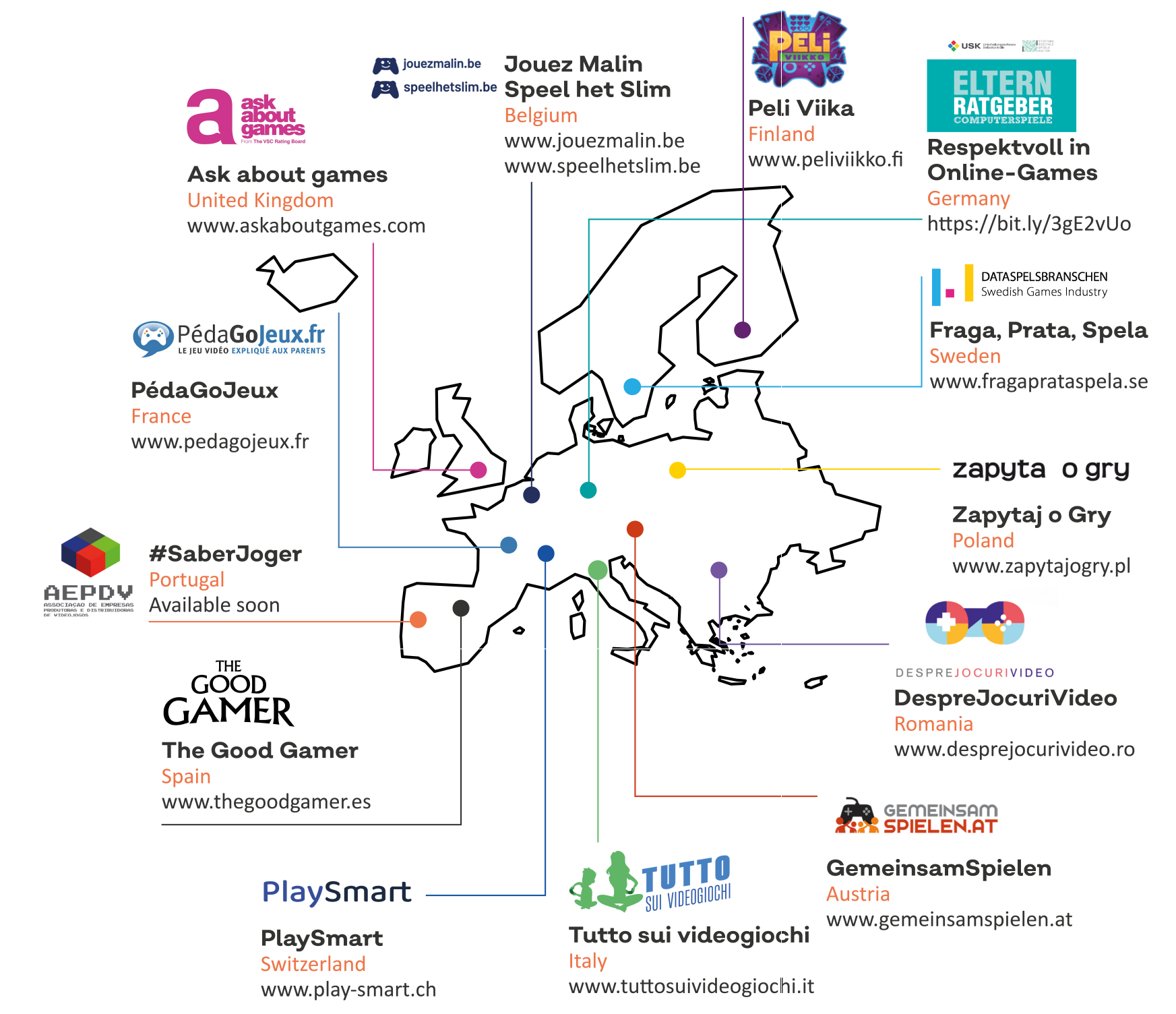5 tips for parents to manage responsible video gameplay
KNOWLEDGE IS POWER!
For parents who may be concerned about what their children are playing and about their screen time, this blog aims to ensure parents are aware of all the tools available to them to control screen-time, in-game spending and privacy.
5 steps for parents to encourage good game playing behaviour
1. Check the PEGI rating
PEGI (Pan European Game Information) provides age labelling and content descriptors that alert parents to in-game purchases, bad language, violence, frightening content, drugs, sex or discrimination, for example. All major video games and platforms have PEGI ratings as an integral part of their parental controls systems.
You can also use the PEGI App to check the ratings. It allows you to search through the PEGI database for up-to-date video game and app rating classifications. You can filter results by age rating, genre and platform to find your perfect game and get detailed instructions on how to set up parental controls on a range of devices. The app is now available in 9 languages: English, French, Polish, Dutch, Italian, Spanish, Portuguese, German and Swedish. You can download the App here: Google Play; Apple Store
NB: The PEGI age rating considers the age suitability of a game’s content, not the level of difficulty.
2. Use parental controls and smartphone apps
All video games consoles, handheld devices and operating systems for PC and Mac are equipped with parental control systems and there are also apps available to make it as easy as possible for parents to manage online interaction, playtime, spending and access to age-appropriate video games:
- Select which games your children are allowed to play (based on the PEGI age ratings)
- Control and monitor the use of digital purchases
- Limit access to internet browsing by applying a filter
- Control the amount of time that children can spend playing games
- Control the level of online interaction (chat) and exchange of data (text messages, user-generated content)
For information on how to operate the parental controls on different devices, check the PEGI website
3. Why not play together over the holidays and enjoy your child’s hobby with them?
All of our research shows that families that play together and/or take the time to discuss video game play with their children have the healthiest relationship with video game playing, get the most out of it and have the fewest arguments about play time.
Take this opportunity to play together and enjoy your child’s hobby with them.
4. Be fully informed in your local language
Use the resources provided by the national video games trade associations and their partners to be fully informed about safe and responsible game play, to learn about popular video games, what games to play as family and tips and guidance.
5. Appreciate the benefits!
Well-managed gameplay brings huge benefits. Video games don’t only provide entertainment, players also benefit from practising motor skills, problem solving, team playing, improved memory, attention and concentration, multi-tasking and social skills. Recent research shows that video game playing girls are three times more likely to enrol in STEM programmes than girls who don’t play – and use of video games in schools has been shown to increase student engagement and learning outcomes and helps students with difficulties to reconnect with school when more traditional approaches have failed to unlock their full potential
KNOWLEDGE IS POWER - SEIZE THE CONTROLS!


